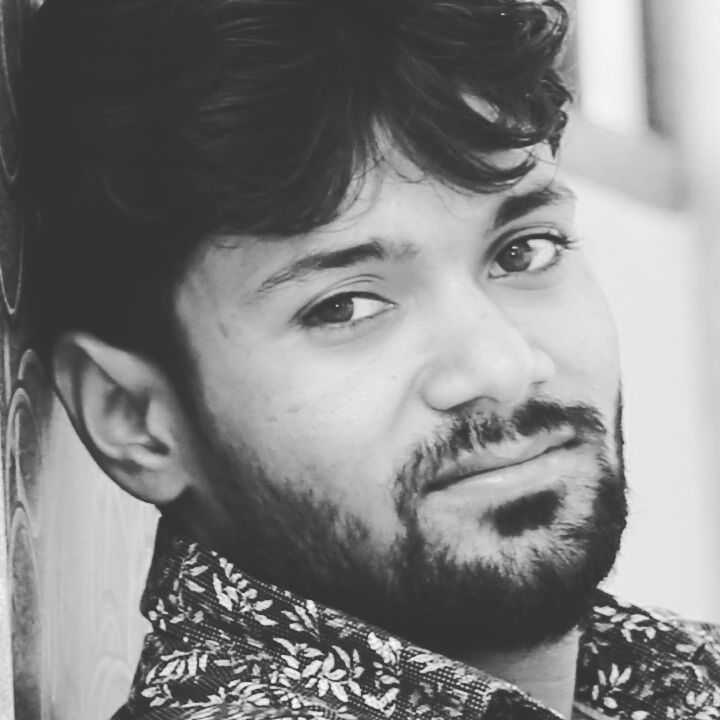Page 1 :
GORBACHEV AND THE DISINTEGRATION13, , Tsar Nicholas- II Before 1917, (Russian Revelation)) After, , Vladimir Lenin (1870) 1917-1924, 1917, Joseph Stalin (1879) 1924-1953, 1924, Nikita Khrushchev (1894) 1953-1964, 1953, Leonid Brezhnev (1906) 1964-1982, 1964, Mikhail Gorbachev (1931) 1985-1991, 1985, Boris Yeltsin(1931) 1991-1999, 1991, Mikhail Gorbachev, , Mikhail Gorbachev,, who had become General Secretary of the Communist Party of the Soviet, Union in 1985., Sought to reform this system., Reforms were necessary to keep the USSR abreast of the information and technological revolutions, taking place in the West countries., However:::- Gorbachev’s decision to normalise relations, relations:- with the West and democratise and reform, , the Soviet Union had some other effects that neither he nor anyone else intended or anticipated., The people in the East European countries which were part of the Soviet bloc started to protest, against their own governments and Soviet control., The Soviet Union, under Gorbachev, did not intervene when the disturbances occurred, and the, communist regimes, es collapsed one after another.
Page 2 :
Reforms:-, , 14, , These developments were accompanied by a rapidly escalating crisis within the USSR, that hastened its disintegration., Gorbachev initiated the policies of economic and political reform and democratisation, within the country., A coup took place in 1991 that was encouraged by Communist Party hardliners., , The people had tasted freedom by then and did not want the old-style, style rule of, the Communist Party., Boris Yeltsin emerged as a national, tional hero in opposing this coup., The Russian Republic, where Yeltsin won a popular election,, began to shake, off centralised control., Power began to shift from the Soviet centre to the republics, especially in the, more Europeanised part of the Soviet Union, which saw themselves as, sovereign states., NOTE:-, , The Central Asian republics did not ask for independence, and wanted to remain with the Soviet Federation., , The reforms were, opposed by, leaders within the, Communist Party.
Page 3 :
Central Asian republics, 15, , *, , In December 1991, under the leadership of Yeltsin, Russia, Ukraine and Belarus, three, major republics of the USSR, declared that the Soviet Union was disbanded.
Page 4 :
16, , The Communist Party of the Soviet Union was banned., And, , Capitalism and democracy were adopted as the bases for the post-Soviet, Soviet republics.
































